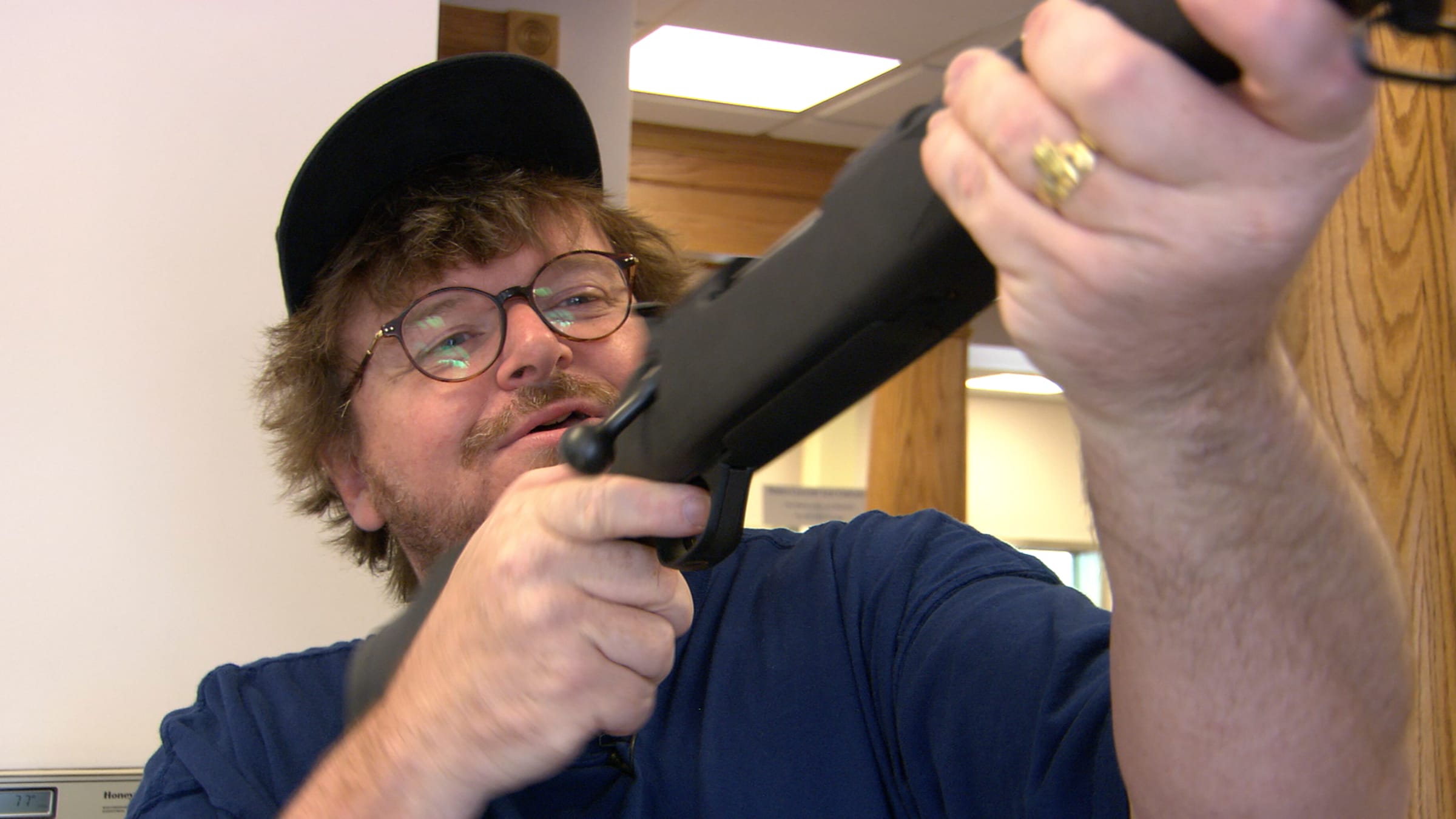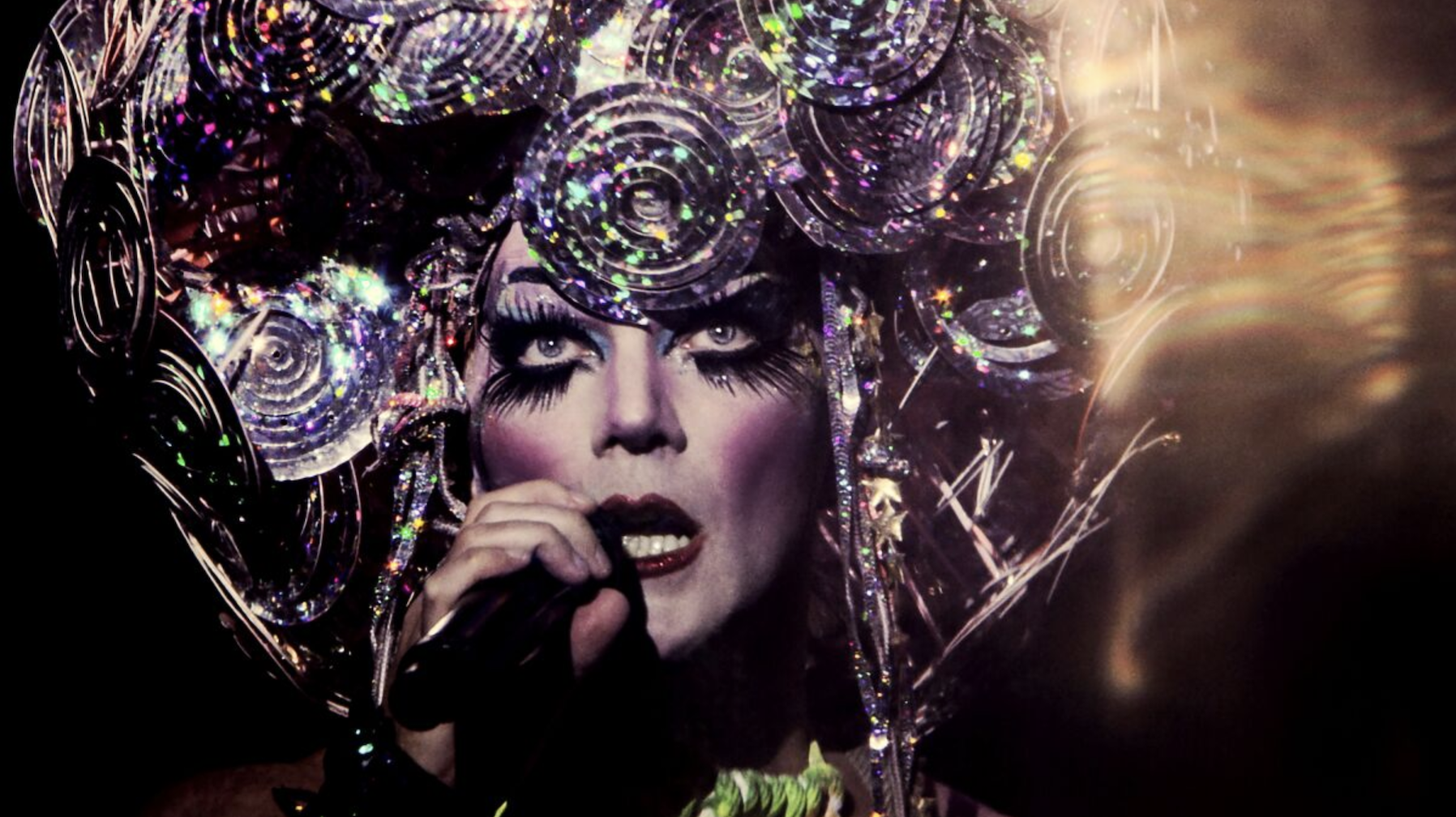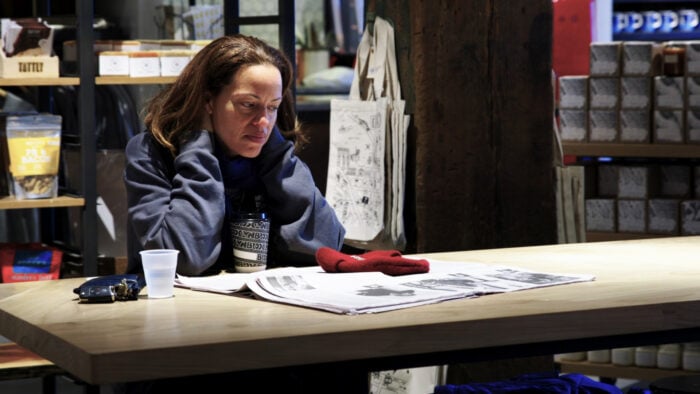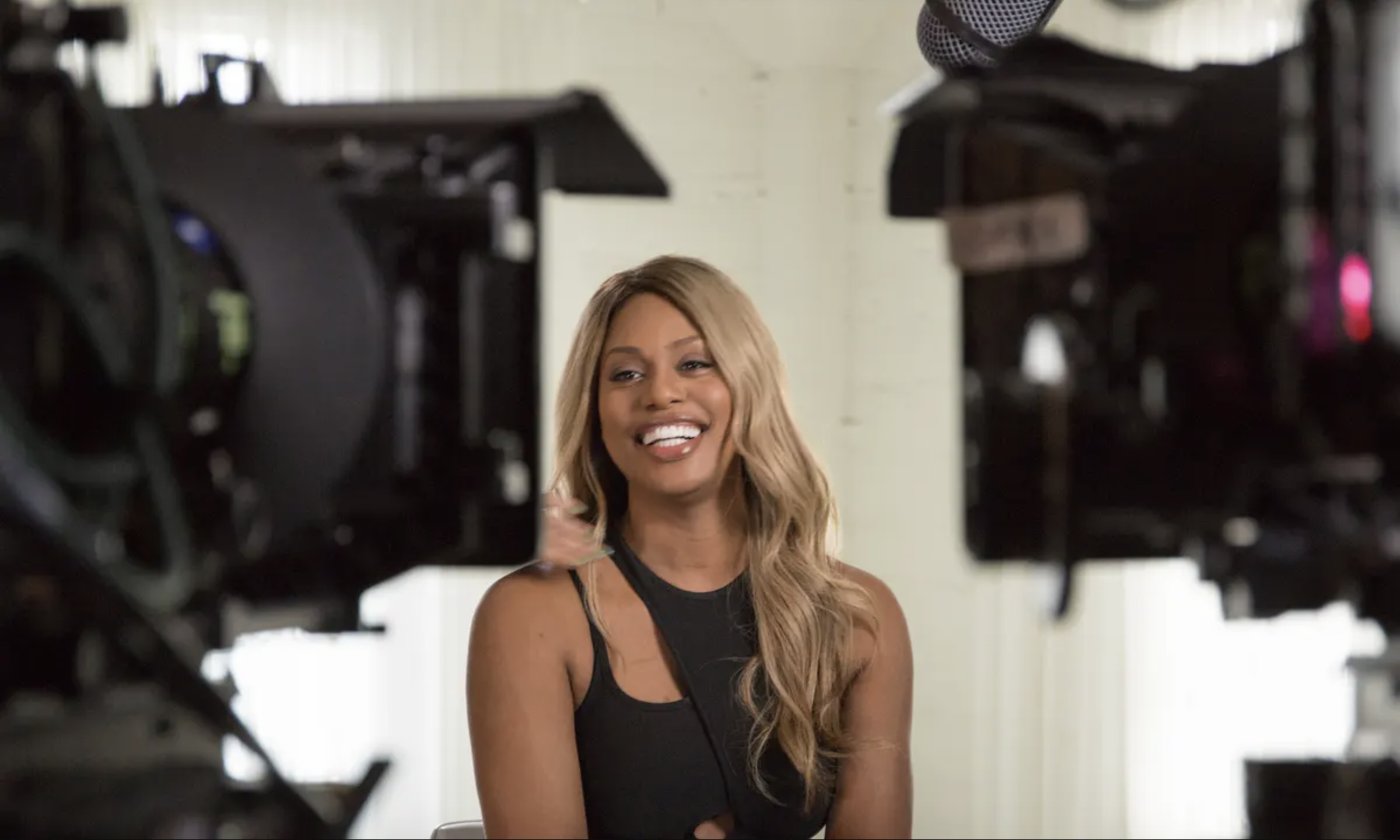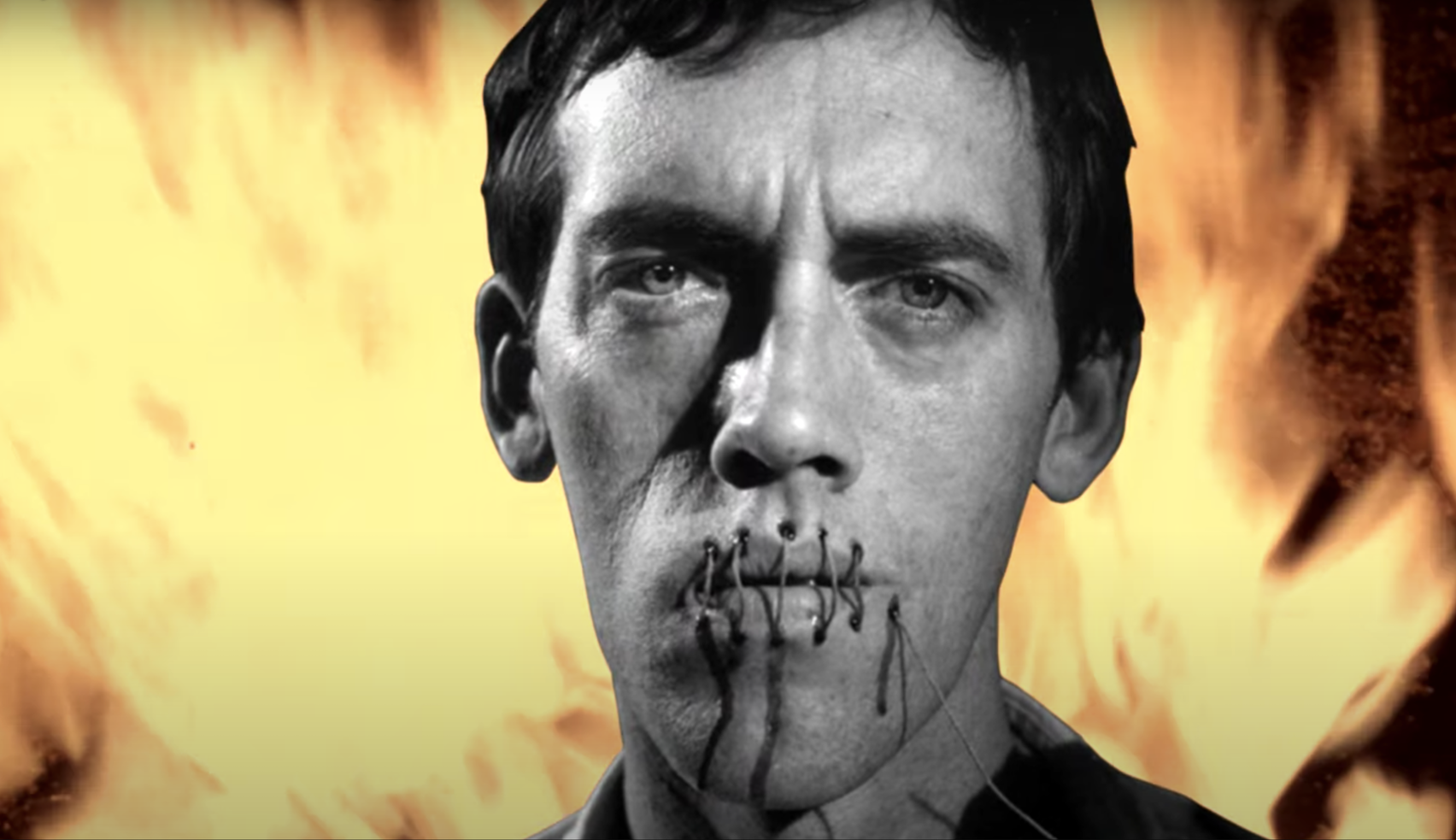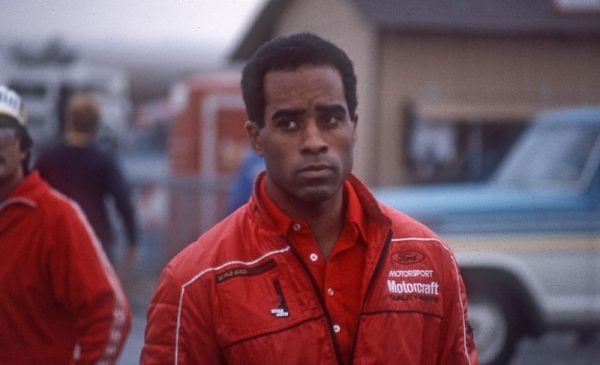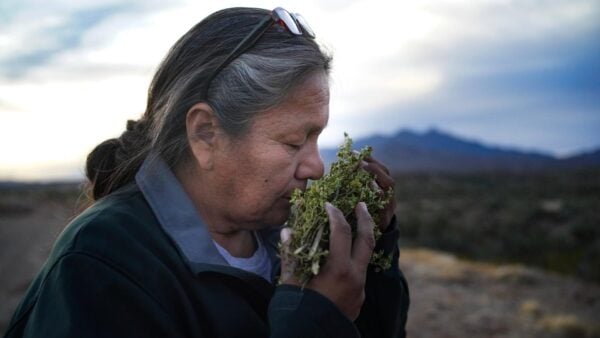
50 Informative Documentaries to Watch Now
November 20, 2024
Share:
All documentaries talk about something real in the world, but there’s a fine line between docs that just ramble on and regurgitate established facts at us, and docs that really zero in on a subject—getting us to care about something we might never have paid attention to before, and potentially changing the way we think about everything. Here at agoodmovietowatch, we’ve compiled a list of the best little-known documentaries that really believe in what they’re saying and hope to pique your curiosity and command your attention. And since these films are highly-rated not just by critics but by audiences too, you can trust that watching them won’t feel like you’re just stuck in school.
Read also:
21. Bowling for Columbine (2002)
Genres
Director
Actors
Moods
Bowling For Columbine addresses the sore wounds of 9/11 by exploring the concepts of safety and fear as perceived by various people. From school shooting survivors, through Canadians who never lock their doors, to Marilyn Manson and actor/NRA president Charlton Heston, Michael Moore’s interviewees all inform the complex picture of gun violence and its rise today. The director is not afraid to provoke and ask the pressing questions linking the abstract fear of the other to the reality of lost lives every day. Even his irony and parody—a morose cartoon arguably based on South Park especially—bites back hard.
22. Taylor Mac’s 24-Decade History of Popular Music (2023)
Genres
Director
Actors
Moods
A 100-minute highlight reel of the audacious 24-hour performance staged by artist Taylor Mac in 2016, this concert film succeeds not only in capturing the show’s eclectic mix of songs, drag costumes, and interactive audience segments, but in capturing the emotional atmosphere conjured up in that Brooklyn warehouse. The very premise of the performance is ripe for analysis: a history of America starting from 1776, progressing one decade every hour, represented by selections of popular music of the time—which Mac questions at every turn, reinterpreting and reclaiming them for a contemporary queer audience. It begins as a creatively educational exercise, but gradually becomes more and more personal, until the audience is fully involved in the performances themselves.
Even the 24-hour format transcends its gimmick. That the show becomes an endurance test is deliberate, with bonds forming in real time and the exhaustion of this ever-changing drag performance conveying the weight of all this history on the most vulnerable and misrepresented sectors—who’ve already endured continuous losses decade after decade. And still there is cause for celebration, and genuine warmth among the people slowly becoming more vulnerable with each other over 24 hours. It’s a beautiful, intelligent, frequently funny, and ultimately moving experience in a class all its own.
23. Diego Maradona (2019)
Genres
Director
Actors
Moods
Asif Kapadia, the genius of biopics who gave us Senna, is back with this documentary on an even bigger sports personality: Argentinian soccer player Diego Armando Maradona. Considered as possibly the best soccer player of all time, Maradona’s footage on the pitch is pure wizardry, and you’ll feel that way whether you are a soccer fan or not. But that’s not the focus of this documentary. What happens outside the pitch is more interesting: from Maradona’s modest beginnings to the passionate hatred (and love) that entire countries develop of him. And it doesn’t make his story less interesting that during his time in Naples he was affiliated with the mafia.
This is an excellent documentary that distills 500 hours of footage into 2, giving you all you need to know about a character who captured the imagination of a big part of the world for decades.
24. On the Record (2020)
Genres
Director
Actors
Moods
This searing allegation of sexual abuse against Def Jam Recordings’ Russell Simmons unfolds with the intelligence and tenacity of a world-class prosecution. But more importantly, On the Record remembers to fight for a justice that’s restorative, too—paying proper tribute to Drew Dixon and many other equally creative and talented women behind the scenes in the American hip hop industry. With every new argument it introduces, this documentary encourages us not only to be open to new information, but to rewire our very way of thinking about race, intersectional feminism, and the music business. It may be a bit of a cliché, but On the Record really does leave you smarter than when you started, with a heightened awareness of how the present moment is inseparable from our history.
25. Disclosure (2020)
Genres
Director
Actors
Moods
Disclosure is a patient and articulate study of the ways movies have physically conditioned us to respond to certain expressions of queerness with fear, disgust, or laughter. But it also serves as a reminder that trans bodies have been represented on screen for as long as movies have existed—making it all the more unacceptable that we still often only see reductive and harmful stereotypes of trans people over 100 years since the birth of cinema. However, Disclosure is far from a “takedown” designed to make viewers feel bad. At the end of it all this remains a celebration film’s power to dignify perspectives we rarely get to see through, and it’s one of the nerdiest and most passionate trips through film history you could hope to have.
26. Wojnarowicz (2021)
Genres
Director
Actors
Moods
Even a straightforward documentary on the New York East Village visual artist David Wonjarowicz (pronounced VOY-nuh-ROH-vitch) would be thrilling, given the energy and the irreverence of his artworks especially during the AIDS epidemic from the 1980s to the 1990s. But director Chris McKim goes above and beyond, essentially imagining how Wojnarowicz would have directed his own film. McKim treats the movie like a collage in itself, expertly blending footage and sound together not just to capture the artist’s fury, but to remember how deeply he loved, transcending space and sickness. As an account of the underground New York art scene at the time, a profile on a supposed enfant terrible, and a tribute to all those who lost their lives to a disease accelerated by discrimination, Wojnarowicz is a beautiful, complex tapestry.
27. Uppity: The Willy T. Ribbs Story (2020)
Genres
Director
Actors
Moods
“They called me uppity. Uppity n*****. And I loved it”. That’s how this excellent documentary, about the first professional black racing driver Willy T. Ribbs, starts. It summarizes the strong personality of a champion who excelled in tracks that were filled with confederate flags.
The documentary explains the details of the difficulties that Ribbs went through in the 70s and 80s, but also the people who supported him and recognized his talent. It’s by no way a sad movie, on the contrary, even when Ribbs is talking about people spitting wherever he walks or about the death threats escalating, his unharmed determination is at the center of the story.
This is an inspiring documentary about a character who never got his worth in the history books. I was full of shivers by the first half-hour mark.
28. Fifi Howls from Happiness (2014)
Genres
Director
Moods
This incredible documentary is about the elusive Iranian artist Bahman Mohassess, whose work has the uniqueness of a Picasso or a Salvador Dalí.
But unlike his European counterparts, most of Mohassess’ work has been destroyed. Some in the aftermath of the Islamic Revolution in Iran but most, interestingly, by the artist himself.
After the revolution, he went into exile. For 40 years his whereabouts remained unknown — until an Iranian filmmaker based in Paris tracked him in a hotel in Rome.
Very early in the film, director Mitra Farahani points out that Mohassess died half an hour after one of their filming sessions.
The urgency of their conversations, the genius of Mohassess and his relationship to his art, and the uniqueness of the untold story of his life, all make this more than just another documentary. It’s a work of immeasurable historic value.
29. Gather (2020)
Genres
Director
Moods
This insightful and uplifting documentary is about a growing movement within indigenous communities: obtaining food sovereignty by going back to pre-genocide ways of cultivating food.
The violent changes that have affected indigenous communities don’t impact just the people, but also the animals, the fish, and the land. All of these are now bearing the brunt of climate change.
Historically, North American governments forbid Native people from fishing and cultivating their foods as a way to repress them and create dependency. Gather is as much a recognition of the damage that was done as it is a forward-looking vision about how these communities are taking control of their faiths.
30. Mr. Bachmann and His Class (2021)
Genres
Director
Moods
By remaining totally committed to its quiet, drama-free, observational style of documentary filmmaking, Mr. Bachmann and His Class ends up teaching us a whole lot about the way we view educational spaces and difficult students as well. While the titular German teacher is mainly there to teach language, the way he patiently handles disagreement and conflict—reorienting the immature or harmful beliefs they may have learned from home or from elsewhere—is truly inspiring to witness. We never see these home lives and the film’s director, Maria Speth, knows better than to romanticize anybody in this classroom. But over the film’s lengthy runtime, it really begins to feel like we get to know and understand each of these kids, and to root for their ability to change their views and become more open and appreciative towards one another.
Comments
Add a comment
Ready to cut the cord?
Here are the 12 cheapest Live TV streaming services for cord-cutting.
More lists
Lists on how to save money by cutting the cord.
Curated by humans, not algorithms.
© 2025 A Good Movie to Watch. Altona Studio, LLC, all rights reserved.
